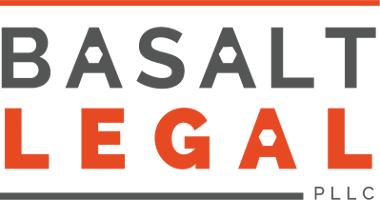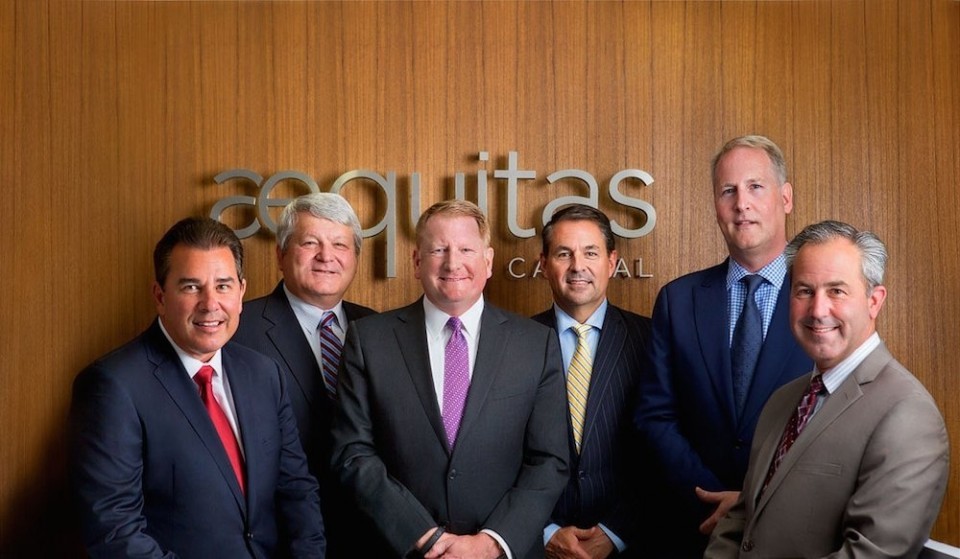- CALL TODAY
- 800.487.4660
Cobra Trading, Inc. Fined for Failing to Implement Security Procedures

Cobra Trading, Inc. a broker-dealer headquartered in Allen, Texas, was fined $150,000 for failing to execute Anti-Money Laundering (“AML”) procedures to help detect suspicious transactions in customer accounts.
FINRA rules require all member firms to develop and implement a written AML program reasonably designed to achieve and monitor the members’ compliance with the requirements of the Bank Secrecy Act (“BSA”). FINRA found that, between January 6, 2009 and September 3, 2013, Cobra failed to develop such a program. Specifically, Cobra failed to: (a) adopt AML procedures adequately tailored to its business; (b) fully enforce its AML program as written; and (c) investigate certain suspicious activities.
Rather than developing an AML program that considers the firm’s customer base, business strategy, and operating environment, Cobra simply devised a plan that required each customer account be assigned a “risk-ranking.” The firm would apply additional monitoring to its higher-risk customer accounts. However, Cobra failed to implement and follow even these generic written supervisory procedures.
Additionally, Cobra failed to conduct reviews of the firm’s business to identify potential money-laundering risks and failed to sufficiently investigate red flag transactions in individual customer accounts. For instance, numerous customers implemented wire transfers to/from high-risk geographic locations without an apparent business reason, and Cobra conducted the transactions without further investigation of the account. Another customer, who previously worked for a firm that FINRA fined $1 million for illegal short sales, engaged in short selling in his account for over three years before being detected. Finally, numerous new customers provided unusual or suspicious identification documents that could not be readily verified, yet Cobra created their accounts without requiring additional or alternate forms of ID.
The firm is obligated by FINRA to file a report when there is reason to suspect that a transaction or customer account involves unlawful activity or lacked an apparent lawful purpose. Ultimately, Cobra’s lack of security programs caused the firm to overlook apparent red flags.
Industry participants must be mindful not only of transactions they detect, but of those transactions FIRNA thinks they should detect. FINRA’s continued focus on firms’ implementation of effective security procedures should motivate industry players to refine and develop their ability to catch and halt suspicious activity.
FINRA requiring its members to develop and implement AML measures helps protect all customers from broad oversight. If the broker-dealers at Cobra were failing to notice and investigate blatantly suspicious transactions and offering personal accounts to dubious customers without further verification, it seems safe to assume that they are not monitoring or taking great care of smaller, everyday consumers’ accounts and needs.
If you believe that you have suffered losses due to an incompetent financial advisor, contact the attorneys at Investor Defense Law LLP at no charge to find out whether you have a claim.
Investor Defense Law LLP is a law firm dedicated to helping investors in California, Georgia, and Washington recover losses caused by stockbrokers, financial advisers, or investment firms. To learn more, contact an investment fraud attorney at 800.487.4660.



